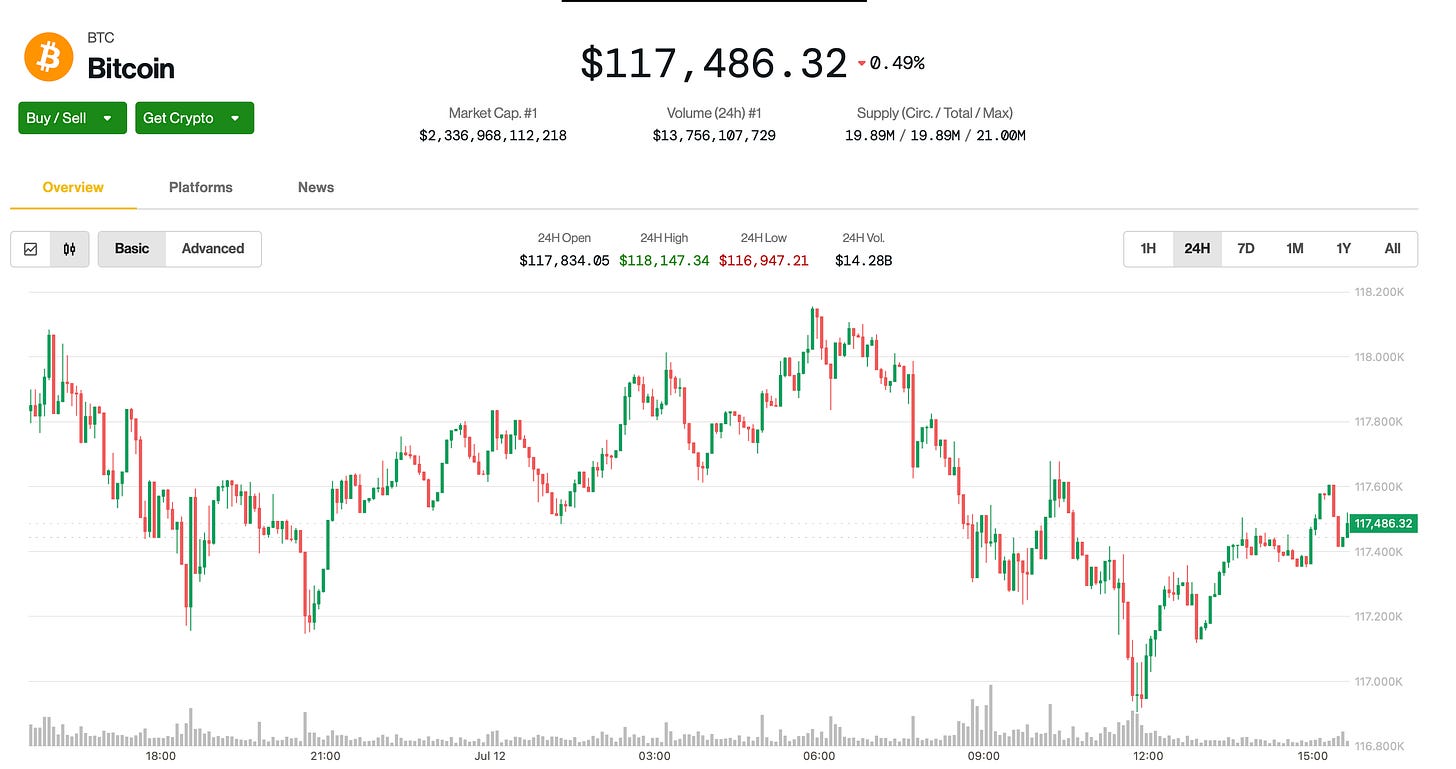RE: Weekend Positioning
What’s becoming increasingly clear is that one of the only consistently effective methods for reducing some of the deficits is demonstrating tangible progress—such as finalizing trade ‘letters’. The administration should have recognized that there’s little value in delays, especially given the complexity of these agreements. The best approach is to secu…




